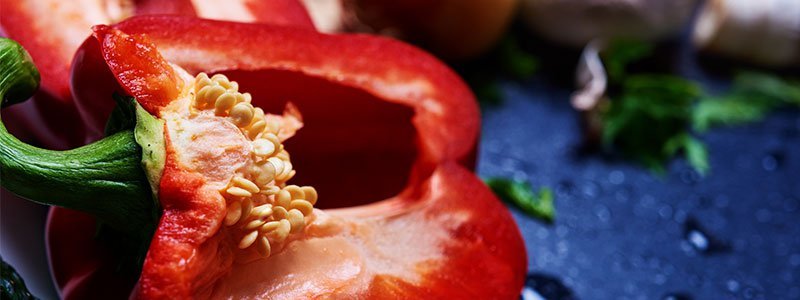Asparagus: Detailed Datasheet
Other Names
Asparagi Rhizoma Root, Asparagus longifolius, Asparagus officinalis, Asperge, Asperge Comestible, Asperge Commune, Asperge Officinale, Asperges, Espárrago, Espárragos, Garden Asparagus, Spargelkraut, Spargelwurzelstock, Sparrow Grass.
Asparagus is a plant. The newly formed shoots (spears), root, and “underground stems” (rhizomes) are used to make medicine.
Asparagus is used along with lots of fluids as “irrigation therapy” to increase urine output. It is also used to treat urinary tract infections and other conditions of the urinary tract that cause pain and swelling.
Other uses include treatment of joint pain (rheumatism), hormone imbalances in women, dryness in the lungs and throat, constipation, nerve pain (neuritis), AIDS, cancer, and diseases caused by parasites.
Asparagus is also used for preventing stones in the kidney and bladder and anemia due to folic acid deficiency.
Some people apply asparagus directly to the skin for cleaning the face, drying sores, and treating acne.
In foods, asparagus spears are eaten as a vegetable. This can produce a pungent odor in the urine.
The seed and root extracts of asparagus are used in alcoholic beverages.
How does it work?
There is some scientific evidence that asparagus can increase urine production. Asparagus is a good source of dietary fiber, folic acid, vitamin C, vitamin E, vitamin B6, and several minerals.
Insufficient Evidence to Rate Effectiveness for...
- Urinary tract infections.
- Swelling (inflammation) of the urinary tract.
- Increasing urine production (“irrigation therapy”) when taken with lots of water.
- Joint pain and swelling that resembles arthritis (rheumatism).
- Hormone imbalances in women.
- Dryness in the lungs and throat.
- AIDS.
- Constipation.
- Nerve pain and swelling (neuritis).
- Parasitic diseases.
- Cancer.
- Preventing kidney stones.
- Preventing bladder stones.
- Preventing anemia due to levels of folic acid that are too low (folic acid deficiency).
- Acne, when applied to the skin.
- Face cleaning, when applied to the skin.
- Drying sores, when applied to the skin.
- Other conditions.
Natural Medicines Comprehensive Database rates effectiveness based on scientific evidence according to the following scale: Effective, Likely Effective, Possibly Effective, Possibly Ineffective, Likely Ineffective, and Insufficient Evidence to Rate (detailed description of each of the ratings).
Asparagus is safe when eaten in food amounts. However, there isn't enough information to know if asparagus is safe when used in larger medicinal amounts.
Asparagus can cause allergic reactions when eaten as a vegetable or used on the skin.

QUESTION
Next to red peppers, you can get the most vitamin C from ________________.
See Answer
Not enough is known about the safety of using asparagus in medicinal amounts during breast-feeding. It's best to stick to food amounts.
Allergy to onions, leeks, and related plants: Asparagus might cause an allergic reaction in people who are sensitive to other members of the Liliaceae family including onions, leeks, garlic, and chives.
LithiumInteraction Rating: Moderate Be cautious with this combination.Talk with your health provider.
Asparagus might have an effect like a water pill or "diuretic." Taking asparagus might decrease how well the body gets rid of lithium. This could increase how much lithium is in the body and result in serious side effects. Talk with your healthcare provider before using this product if you are taking lithium. Your lithium dose might need to be changed.
The appropriate dose of asparagus depends on several factors such as the user's age, health, and several other conditions. At this time there is not enough scientific information to determine an appropriate range of doses for asparagus. Keep in mind that natural products are not always necessarily safe and dosages can be important. Be sure to follow relevant directions on product labels and consult your pharmacist or physician or other healthcare professional before using.
